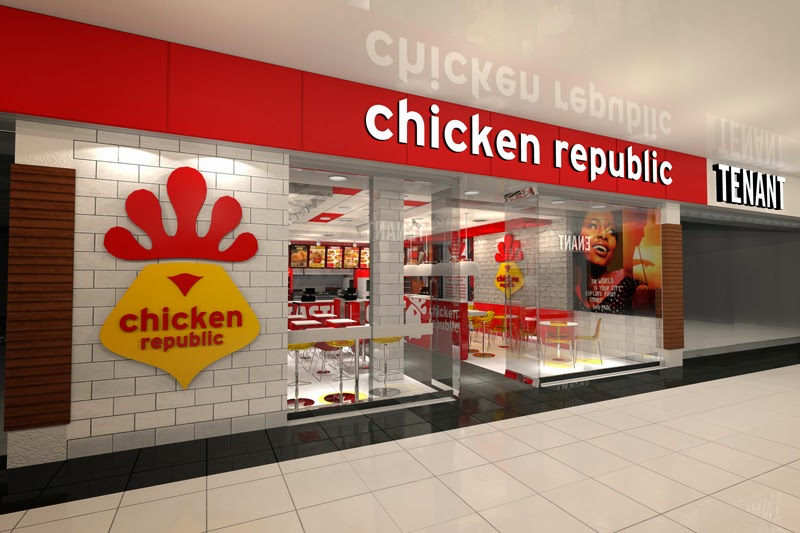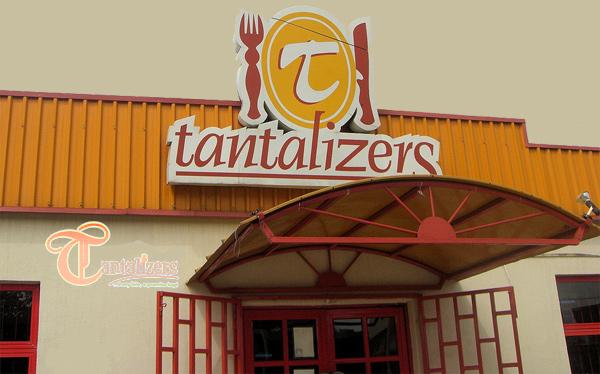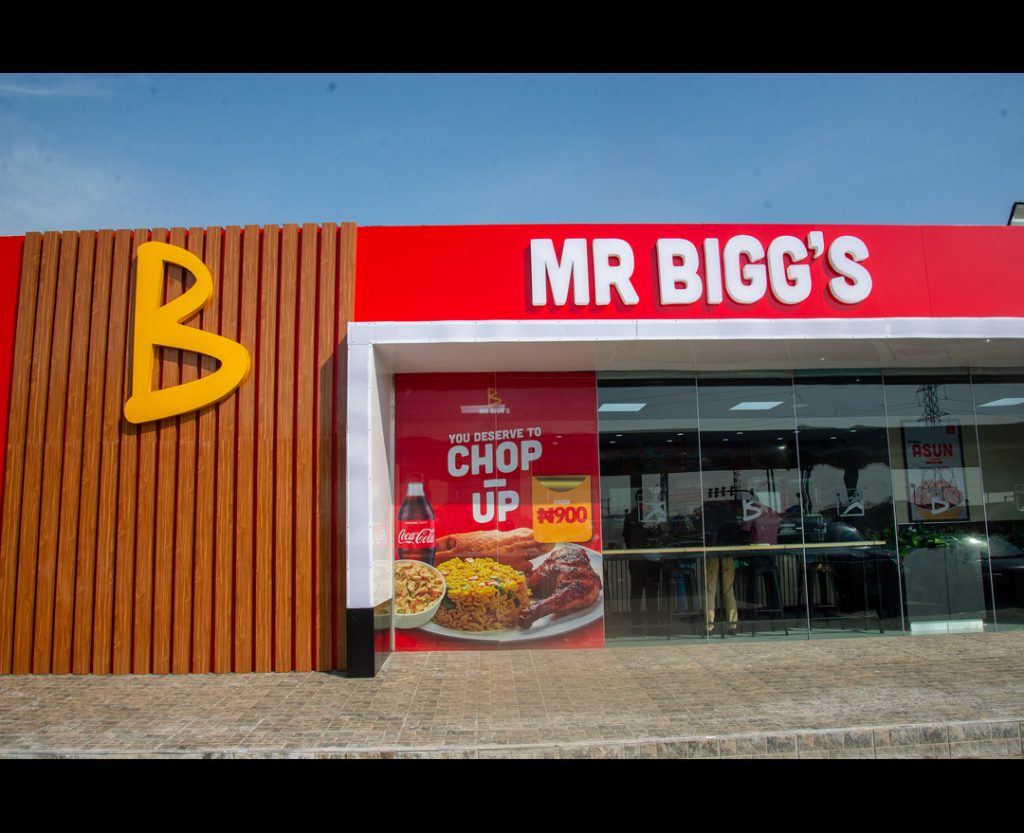Cost of Starting a Food Business in Nigeria: A Comprehensive Guide for 2025
Starting a food business in Nigeria is one of the most lucrative ventures you can embark on, especially in a country where food is not just a necessity but a significant part of the culture. Whether it’s a small-scale food canteen, a restaurant, or a packaged food business, the opportunities are endless. However, like every other business, starting a food business requires careful planning, research, and, most importantly, a clear understanding of the costs involved.
In this article, we’ll break down the cost of starting a food business in Nigeria in 2025. We’ll cover everything from registration and licensing to equipment, staffing, and marketing. By the end of this guide, you’ll have a clear picture of what it takes to start a food business in Nigeria and how to budget effectively.
Why Start a Food Business in Nigeria?
Before diving into the costs, let’s quickly discuss why the food business is a great idea in Nigeria:
- High Demand: Nigerians love good food, and the demand for quality, affordable meals is always high.
- Low Entry Barrier: You don’t need a huge capital to start a food business. You can start small and scale up as you grow.
- Cultural Relevance: Food is deeply rooted in Nigerian culture, making it a sustainable business.
- Profitability: With the right strategy, a food business can generate significant profits, especially if you target busy areas like offices, schools, or markets.
Types of Food Businesses in Nigeria
The cost of starting a food business largely depends on the type of business you want to run. Here are some popular options:
- Small-Scale Food Canteen: Selling affordable meals like rice, beans, and stew.
- Restaurant: Offering a wider variety of meals, including local and continental dishes.
- Fast Food Joint: Focused on quick meals like burgers, fries, and chicken.
- Packaged Food Business: Producing and selling packaged foods like snacks, drinks, or ready-to-eat meals.
- Catering Services: Providing food for events like weddings, parties, and corporate functions.
- Food Truck or Mobile Kitchen: A flexible option for selling food in different locations.
Each of these businesses has unique cost implications, so it’s important to decide which one aligns with your budget and goals.
Breakdown of the Cost of Starting a Food Business in Nigeria
1. Business Registration and Licensing
Before you start selling food, you need to register your business and obtain the necessary licenses. This step is crucial to avoid legal issues down the line.
- Business Name Registration: ₦10,000 – ₦20,000 (depending on the CAC fees).
- Food Handling License: ₦10,000 – ₦50,000 (issued by NAFDAC or the local government).
- Shop or Space Permit: ₦5,000 – ₦20,000 (depending on your location).
Total: ₦25,000 – ₦90,000
2. Location and Rent
The location of your food business plays a significant role in its success. A good location should be easily accessible and have high foot traffic.
- Rent for a Small Shop or Space: ₦100,000 – ₦500,000 per year (depending on the city and area).
- Deposit: Most landlords require 1-2 years’ rent upfront.
Total: ₦100,000 – ₦1,000,000
3. Equipment and Utensils
You’ll need basic kitchen equipment and utensils to prepare and serve your meals.
- Cooking Stove: ₦20,000 – ₦50,000
- Refrigerator: ₦50,000 – ₦150,000
- Blender or Grinder: ₦10,000 – ₦30,000
- Pots, Pans, and Cutlery: ₦20,000 – ₦50,000
- Plates, Cups, and Serving Trays: ₦10,000 – ₦30,000
- Generator or Inverter: ₦50,000 – ₦200,000 (to tackle power outages).
Total: ₦160,000 – ₦510,000
4. Initial Stock and Ingredients
Your initial stock will depend on the type of food you plan to sell. For example, if you’re starting a small canteen, you’ll need ingredients like rice, beans, oil, and spices.
- Initial Stock: ₦50,000 – ₦200,000
5. Staffing Costs
If you’re running a restaurant or a fast-food joint, you’ll need to hire staff to help with cooking, serving, and cleaning.
- Chef/Cook: ₦30,000 – ₦70,000 per month
- Waiters/Waitresses: ₦20,000 – ₦40,000 per month
- Cleaner: ₦15,000 – ₦25,000 per month
Total Monthly Staffing Cost: ₦65,000 – ₦135,000
6. Marketing and Branding
To attract customers, you’ll need to invest in marketing and branding.
- Signboard and Branding: ₦20,000 – ₦100,000
- Social Media Ads: ₦5,000 – ₦20,000
- Flyers and Posters: ₦5,000 – ₦10,000
Total: ₦30,000 – ₦130,000
7. Miscellaneous Costs
There are other costs you might incur, such as:
- Furniture (Tables and Chairs): ₦50,000 – ₦150,000
- Packaging Materials: ₦10,000 – ₦30,000
- Transportation: ₦10,000 – ₦20,000
Total: ₦70,000 – ₦200,000
Additional Cost Factors to Consider
While we’ve covered the major expenses, there are other costs you might encounter when starting a food business in Nigeria. These include:
- Renovation and Interior Decoration:
If you’re renting a space that needs some work, you might need to budget for renovations.
- Cost: ₦100,000 – ₦500,000 (depending on the extent of work).
- Utilities:
You’ll need to pay for electricity, water, and gas.
- Monthly Cost: ₦10,000 – ₦50,000.
- Waste Disposal:
Proper waste disposal is crucial for a food business. You might need to hire a waste management service.
- Monthly Cost: ₦5,000 – ₦15,000.
- Insurance:
While not mandatory, insurance can protect your business from unforeseen events like fire or theft.
- Annual Cost: ₦20,000 – ₦100,000.
- POS Machine:
If you plan to accept card payments, you’ll need a POS machine.
- Cost: ₦20,000 – ₦50,000 (plus transaction fees).
Estimated Total Cost of Starting a Food Business in Nigeria
Based on the breakdown above, here’s an estimate of the total cost:
- Low-End Estimate: ₦440,000
- High-End Estimate: ₦2,160,000
This estimate covers a small to medium-sized food business. If you’re starting a larger restaurant or packaged food business, the cost could go up to ₦5,000,000 or more.
Step-by-Step Guide to Starting a Food Business in Nigeria
To make the article more actionable, let’s include a step-by-step guide:
Step 1: Conduct Market Research
- Identify your target audience and their preferences.
- Study your competitors to understand what works and what doesn’t.
Step 2: Write a Business Plan
- Outline your business goals, target market, menu, pricing, and marketing strategy.
- Include a detailed budget and financial projections.
Step 3: Register Your Business
- Choose a unique business name and register it with the Corporate Affairs Commission (CAC).
- Obtain necessary licenses from NAFDAC and your local government.
Step 4: Secure a Location
- Choose a location with high foot traffic and easy accessibility.
- Negotiate rent and ensure the space meets your business needs.
Step 5: Purchase Equipment and Stock
- Buy essential equipment and utensils.
- Stock up on ingredients and packaging materials.
Step 6: Hire and Train Staff
- Recruit skilled and reliable staff.
- Train them on food preparation, hygiene, and customer service.
Step 7: Launch and Market Your Business
- Create a buzz around your business using social media, flyers, and word-of-mouth.
- Offer promotions or discounts to attract your first customers.
Profitability Insights: How Much Can You Make?
One of the most common questions aspiring food business owners ask is, “How much profit can I make?” While profitability depends on factors like location, pricing, and efficiency, here’s a rough estimate:
- Small-Scale Canteen:
- Daily Sales: ₦10,000 – ₦30,000
- Monthly Profit: ₦100,000 – ₦300,000
- Restaurant:
- Daily Sales: ₦50,000 – ₦150,000
- Monthly Profit: ₦500,000 – ₦1,500,000
- Packaged Food Business:
- Monthly Profit: ₦200,000 – ₦1,000,000 (depending on production scale and distribution channels).
To maximize profitability, focus on:
- Offering quality food at competitive prices.
- Reducing waste and optimizing operations.
- Building a loyal customer base through excellent service.
Real-Life Examples of Successful Food Businesses in Nigeria
To inspire readers, let’s include a few examples of successful food businesses in Nigeria:
- Chicken Republic:

- Started as a small fast-food joint and has grown into one of Nigeria’s most popular food chains.
- Key to Success: Consistent quality, affordable pricing, and strategic locations.
- 2. Tantalizers:

- Known for its variety of snacks and meals, Tantalizers has become a household name.
- Key to Success: Strong branding and effective marketing.
3.Mr. Bigg’s:

- One of Nigeria’s oldest fast-food chains, offering a mix of local and continental dishes.
- Key to Success: Adapting to customer preferences and maintaining high standards.
These examples show that with the right strategy, a food business can grow from a small venture to a nationwide brand.
Frequently Asked Questions (FAQs)
1. How much capital do I need to start a food business in Nigeria?
- You can start with as little as ₦200,000 for a small canteen or up to ₦2,000,000 for a restaurant.
2. Do I need a NAFDAC license to sell food?
- Yes, if you’re producing packaged foods. For a canteen or restaurant, a food handling license from your local government is usually sufficient.
3. What’s the most profitable food business in Nigeria?
- Fast food joints and packaged snacks are among the most profitable due to high demand and low production costs.
4. How can I attract customers to my food business?
- Use social media, offer promotions, and ensure your food is tasty and affordable. Word-of-mouth is also powerful in Nigeria.
5. What are the common mistakes to avoid?
- Poor location choice, inconsistent quality, and lack of proper planning are common pitfalls.
Final Words of Advice
Starting a food business in Nigeria is not just about cooking and selling food; it’s about understanding your market, managing costs, and delivering value to your customers. With the right planning and execution, you can turn your passion for food into a thriving
Disclaimer: The prices mentioned in this article are estimates and may vary depending on location, market conditions, and other factors. Always conduct your own research before making any financial decisions.



Leave a Comment